Pigeon Control in Las Vegas, NV
Effective Solutions for Pigeon Problems.
Fortified Pest Management
Let Us Assist with Your Pigeon Control Needs
Service Details
Pigeon Problems in the Vegas Valley
Las Vegas, Nevada, a city renowned for its dazzling lights, vibrant entertainment, and bustling tourism, also faces a less glamorous challenge: pigeon control. These ubiquitous birds, while seemingly harmless, can create significant problems for both residential and commercial properties in the Vegas Valley. From aesthetic nuisances to serious health hazards, effective pigeon control is essential for maintaining a clean, safe, and healthy environment.Why Las Vegas Attracts Pigeons
Las Vegas provides an ideal habitat for pigeons due to several factors. The warm, dry climate is conducive to year-round breeding. Abundant food sources, including discarded food scraps, overflowing trash bins, and intentional feeding by residents and tourists, ensure a readily available supply. The city's architecture, with its numerous ledges, rooftops, and sheltered areas, offers ample nesting and roosting sites. These conditions combine to create a perfect storm for pigeon populations to thrive.The Negative Impacts of Pigeon Infestations
Pigeon infestations can have a wide range of negative impacts on properties and public health. * Property Damage: Pigeon droppings are highly corrosive and can damage building materials such as concrete, stone, metal, and paint. Over time, accumulated droppings can lead to structural damage, requiring costly repairs. The droppings also stain surfaces, creating an unsightly appearance that can detract from a property's value. * Health Hazards: Pigeon droppings can harbor various disease-causing organisms, including bacteria, fungi, and parasites. These pathogens can be transmitted to humans through direct contact with droppings, inhalation of airborne particles, or contact with contaminated surfaces. Diseases associated with pigeon droppings include histoplasmosis, cryptococcosis, psittacosis, and salmonellosis. Pigeon mites and other ectoparasites can also infest buildings, causing discomfort and skin irritation to occupants. * Nuisance Issues: The constant cooing and flapping of wings can be disruptive, especially in residential areas. Pigeon droppings can accumulate on sidewalks, patios, and other outdoor surfaces, creating a slip-and-fall hazard. The birds can also contaminate food and water sources, posing a risk to public health. * Economic Costs: Pigeon infestations can result in significant economic costs for property owners. These costs include cleaning and repair expenses, damage to landscaping, and potential loss of business due to negative perceptions of cleanliness and hygiene.Effective Pigeon Control Strategies
Effective pigeon control requires a comprehensive approach that addresses the factors that attract pigeons to a property. Several strategies can be employed to deter pigeons and manage their populations. * Habitat Modification: Modifying the environment to make it less attractive to pigeons is a key component of effective control. This can involve sealing off potential nesting and roosting sites, such as gaps in roofs, eaves, and ledges. Installing bird netting or bird spikes on surfaces where pigeons commonly perch can also deter them from landing. * Exclusion Methods: Exclusion methods physically prevent pigeons from accessing specific areas. Bird netting is a popular option for enclosing balconies, courtyards, and other open spaces. Bird screens can be installed over windows and vents to prevent pigeons from entering buildings. * Repellents: Bird repellents can be used to discourage pigeons from landing or roosting on surfaces. These repellents come in various forms, including gels, sprays, and electronic devices. Gel repellents create a sticky surface that pigeons find unpleasant, while spray repellents emit odors that deter them. Electronic devices emit ultrasonic sounds or vibrations that are said to repel birds. * Trapping: Trapping can be an effective method for removing pigeons from a property. Live traps are baited with food and placed in areas where pigeons are known to frequent. Captured pigeons are then relocated to a different location. However, trapping should be done humanely and in accordance with local regulations. * Professional Pigeon Control Services: For severe infestations or complex situations, it is often best to enlist the services of a professional pigeon control company. These companies have the expertise, equipment, and resources to develop and implement effective control strategies. They can also provide ongoing maintenance and monitoring to prevent future infestations.The Importance of Professional Pigeon Control in Las Vegas
In Las Vegas, where pigeon populations are particularly high, professional pigeon control services are essential for many property owners. Professional companies have the knowledge and experience to assess the specific needs of a property and develop a customized control plan. They can also provide a range of services, including: * Inspection and Assessment: Thoroughly inspect the property to identify the extent of the infestation, nesting sites, and entry points. * Customized Control Plans: Develop a tailored control plan based on the specific needs of the property and the severity of the infestation. * Humane Removal: Employ humane and ethical methods for removing pigeons from the property. * Cleaning and Disinfection: Clean and disinfect affected areas to remove droppings and other contaminants. * Preventative Measures: Implement preventative measures to deter pigeons from returning to the property. * Ongoing Maintenance: Provide ongoing maintenance and monitoring to ensure long-term control.DIY Pigeon Control: When It's Appropriate
While professional pigeon control is often the best option, some property owners may choose to attempt DIY control methods. DIY methods may be appropriate for minor infestations or as a preventative measure. However, it is important to understand the limitations of DIY methods and to take appropriate safety precautions. Some DIY pigeon control strategies include: * Regular Cleaning: Regularly cleaning up droppings and other debris can help to deter pigeons from returning to a property. * Eliminating Food Sources: Removing food sources, such as spilled birdseed or pet food, can make a property less attractive to pigeons. * Using Scare Tactics: Scare tactics, such as hanging shiny objects or using noisemakers, can temporarily deter pigeons. However, pigeons often become accustomed to these tactics over time. * Installing Bird Spikes: Bird spikes can be purchased at hardware stores and installed on ledges and other surfaces to prevent pigeons from landing. It is important to note that some DIY methods, such as trapping and relocating pigeons, may be subject to local regulations. It is also important to wear appropriate protective gear, such as gloves and a mask, when cleaning up pigeon droppings to avoid exposure to harmful pathogens.Las Vegas Pigeon Control: A Long-Term Commitment
Pigeon control in Las Vegas is an ongoing challenge that requires a long-term commitment. By implementing effective control strategies, property owners can protect their properties, safeguard public health, and maintain a clean and healthy environment. Whether through professional services or DIY methods, taking action to manage pigeon populations is essential for preserving the quality of life in the Vegas Valley.Regulations and Considerations
Before implementing any pigeon control measures, it's crucial to be aware of local regulations. Some municipalities have ordinances regarding the feeding of pigeons or the methods used for their control. Additionally, ethical considerations should always be paramount. Humane methods that minimize harm to the birds are preferable. Trapping and relocation, if permitted, should be conducted responsibly, ensuring the birds are released in suitable environments where they won't become a nuisance.The Future of Pigeon Control in Las Vegas
As Las Vegas continues to grow and develop, the challenge of pigeon control will likely persist. Ongoing research and development of new control technologies are essential for finding more effective and humane solutions. Integrated pest management (IPM) approaches, which combine multiple control strategies, are likely to become increasingly important. Education and outreach programs can also play a role in reducing pigeon populations by discouraging intentional feeding and promoting responsible waste management practices. By working together, residents, businesses, and government agencies can create a more sustainable and pigeon-free Las Vegas.WHAT DO WE OFFER?
Comprehensive Pest Control
Fortified Pest Management provides comprehensive pest control solutions, safeguarding homes and businesses from unwanted intruders. We offer effective treatments and preventative strategies, ensuring a pest-free environment for our clients.

General Pest Control
Fortified Pest Management provides comprehensive general pest control services to protect your home or business from unwanted pests. Our experienced technicians use proven methods to identify, eliminate, and prevent pest infestations.
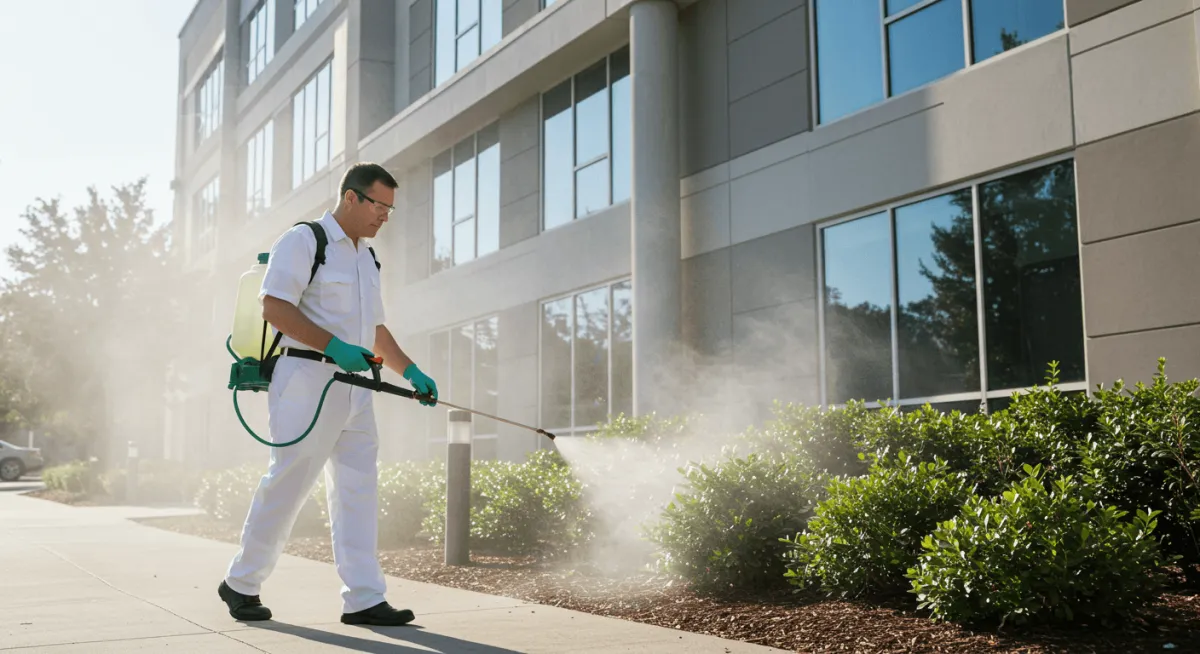
Commercial Pest Control
Fortified Pest Management delivers comprehensive commercial pest control solutions. Our services are designed to protect businesses from unwanted pests.
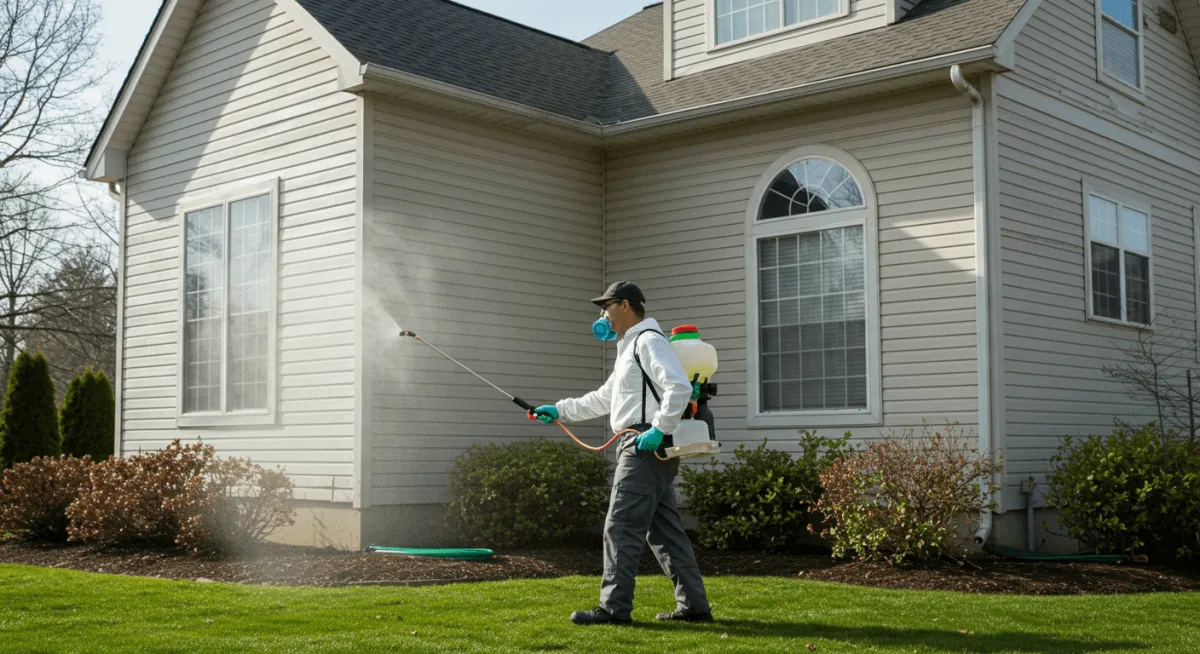
Scorpion Control
Fortified Pest Management provides comprehensive scorpion control services to help reduce scorpion populations around your property. Our experienced technicians use proven methods to target scorpions and create a more comfortable environment.
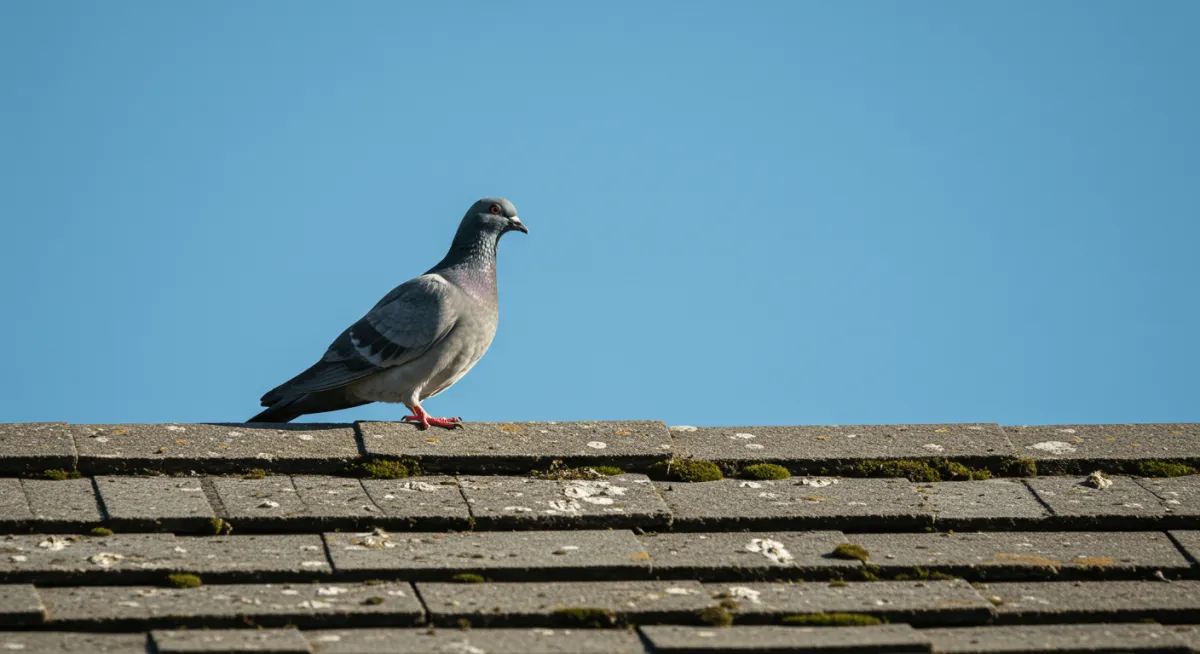
Pigeon Control
Fortified Pest Management provides comprehensive pigeon control services. Our experienced technicians use humane and effective methods to manage pigeon populations.
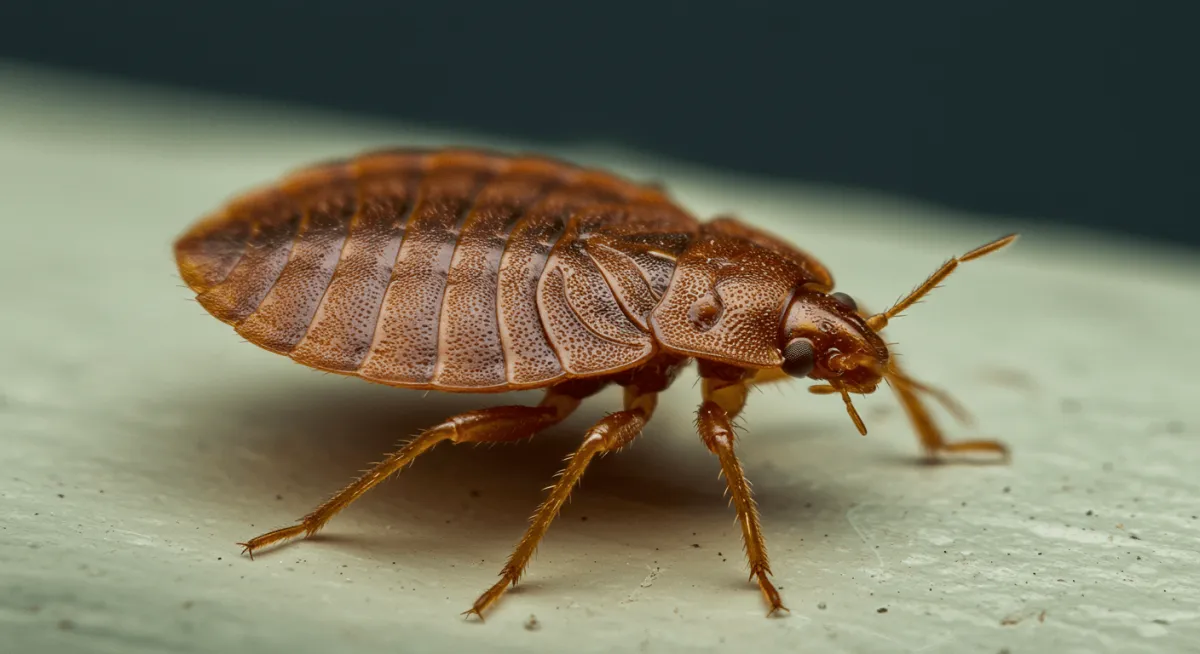
Bed Bug Control
Fortified Pest Management provides comprehensive bed bug control services. Our experienced technicians use proven methods to eliminate bed bugs from your property.
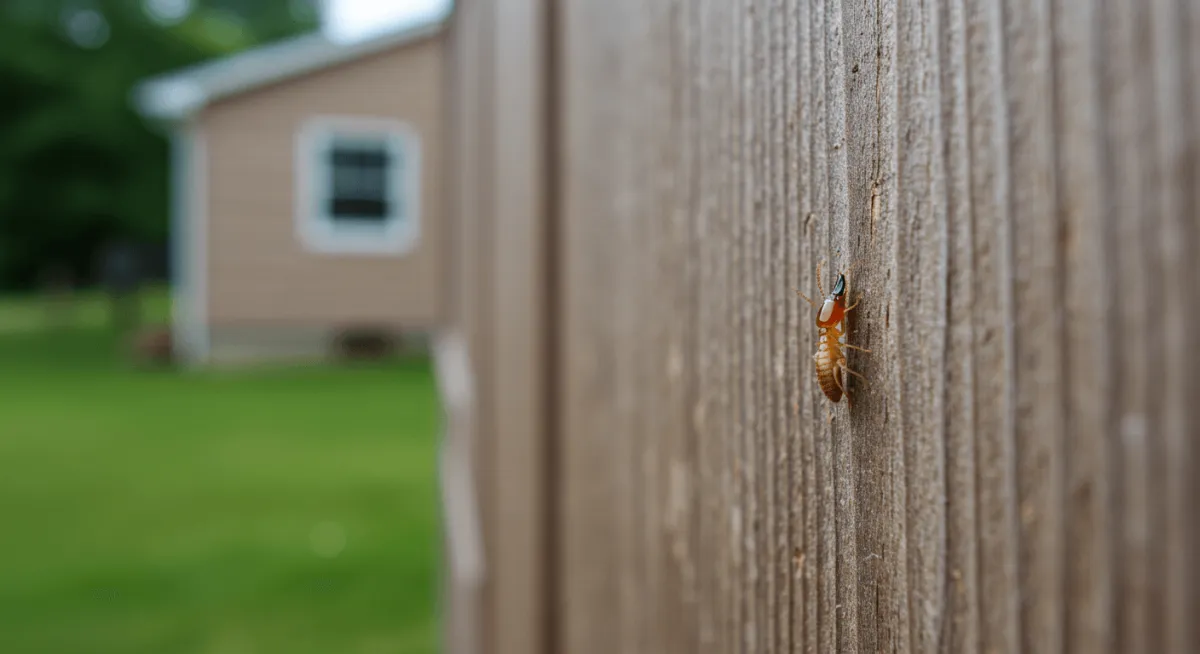
Termite Inspections
Fortified Pest Management provides thorough termite inspections to identify potential infestations. Our inspections offer valuable insights into the presence and extent of termite activity on your property.
Testimonials
What Client Our Says About Us
Excellent customer service and thorough inspection. I'm thankful I found this company. I got 3 quotes on a rodent problem at my house. Out of all the pros that showed up, Fortified sent David, who actually took his time, and he looked behind all the appliances to see how bad the situation was.. pretty gross unfortunately. There was no hard sell, and no fear baiting about purchasing their service. He and the office staff were patient with me and worked with me on options. Based on other quotes, I would say the price is fair but their service and how they treated me, was the best. Thankfully the rodent is now gone.
I have been a satisfied customer of Fortified for at least 2 years. Every representative has been polite, courteous, professional and methodical. They have provided a excellent service and I highly recommend them!
Michael was so professional and patient with my many questions. After going through a couple different pest companies and having the same problem come back again and again I finally found fortified. My kids are bite free and I didnt pay an arm and a leg for a heat treatment. I am truly grateful Thanks michael!
Service Locations
Hours:
Sunday: Open 24 Hours
Monday: Open 24 Hours
Tuesday: Open 24 Hours
Wednesday: Open 24 Hours
Thursday: Open 24 Hours
Friday: Open 24 Hours
Saturday: Open 24 Hours
BUSINESS INFO
6165 Harrison Dr. Suite 4 Las Vegas, NV 89120
702-766-9228
https://www.fortifiedpestmanagement.com
